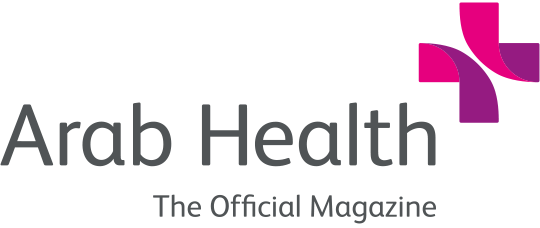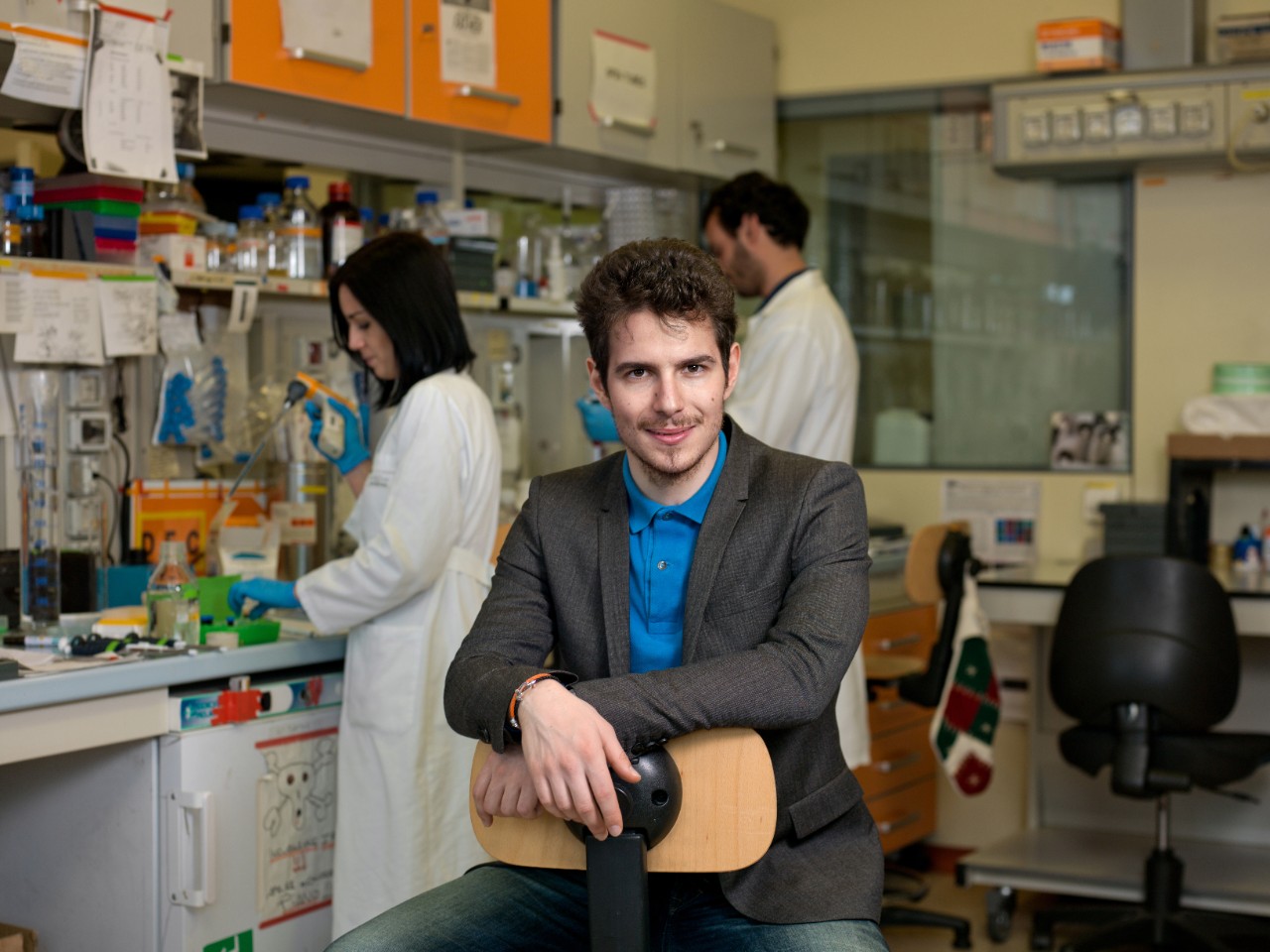Enhancing Education - With an Italian Flair
Gruppo Ospedaliero San Donato (GSD)
Paolo Rotelli, President of Italy’s Gruppo Ospedaliero San Donato (GSD), one of Italy’s largest private hospital groups has his sights set on the Middle East, and Dubai in particular, for the group’s next phase of expansion. GSD has a strong pedigree in all aspects of healthcare, from frontline delivery and specialist care to cutting edge medical research and medical education. Indeed, Rotelli explains that the company “believes in a model of care that puts together clinical activity, university education and medical research in order to get the best care and cure for every patient.”
Contrasting the Middle East with Europe’s significantly more mature healthcare market where there is a lot less room to grow, Rotelli sees a bright future for the region, “especially after Dubai Expo in 2020”. Citing Dubai’s ambition to become a “city of the future,” he predicts that the city’s image will only improve, increasing the number of medical tourists drawn to it. As a result, he says, “the healthcare sector will grow both in quantity of procedures and in quality.” As this happens, he sees a period of oversupply of healthcare services that, through competition, will bolster quality and help drive prices down.
However, in order for Dubai to reach its full potential, Rotelli argues that “local providers will need to invest in education, training and medical research.” This, he continues, is “because if you want to have great physicians that stay in the Middle East, it’s essential to provide them the same possibilities they would have in Europe or the US” such as being a university professor, “or at least teaching and doing advanced medical research.”
Indeed, Rotelli identifies medical education and research as two key areas of the Middle Eastern market that are, at present, underserved. These are two areas, in addition to highly complex procedures and preventative medicine that his company is at the forefront of in its native Italy. Indeed, he explains that GSD “believes in a model of care that combines clinical activity, university education and medical research in order to get the best care and cure for every patient.”
It is this model that Rotelli hopes to bring to the Middle East, starting with the UAE. Once again drawing a comparison between Italy and the UAE, he identifies significant growth potential in the UAE citing the fact that while in Europe, research funding is harder and harder to come by, the UAE has a strong commitment to improving its healthcare sector, with a lot of private funding still available thanks to investors willing to take the plunge.
As a result of this commitment, Rotelli believes that the “Middle East could be able to develop a strong research sector” because, he says, as the UAE skyline shows “people have got both the ambition and the money to do it.” GSD he concludes, has the “know-how and is ready to transfer it in the Middle East.” With GSD being Italy’s leading medical research institution, publishing more than 1,600 scientific papers per year, that know-how would certainly be welcomed in a market looking to kick-start its research efforts. In support of this, Rotelli cites the company’s role in developing the first and only ex-vivo stem cell gene therapy to treat patients with a very rare disease called ADA-SCID (Severe Combined Immunodeficiency due to Adenosine Deaminase deficiency). He also reveals that the company is working on experimental therapies to cure diabetes, a treatment that would no doubt be very welcome in a region such as the Middle East.
Asked about the Middle East lagging behind Europe and the United States in terms of medical education, Rotelli is keen to point out that “the UAE government is doing the right thing in requiring continuous medical education for professionals in order to renew practice licenses.” In addition to this, he calls for the government to implement policy to encourage the development of medical education centers in the UAE that would “make it easier for the right providers to set up branches here.” However, he warns against simply importing education, stating that local universities should have a central role in order to foster sustainable development of the sector. Building on GSD’s extensive experience of medical education in its key market of Italy, he announces that the company is “planning to enter the UAE life sciences education sector, leveraging our thousands of experts in Italy, and we are very much looking forward to doing this with a reputable Emirati partner we have identified.”
The company has already taken small steps in this vein, remotely conducting a heart operation over the Internet on a patient in Milan from a Dubai conference room in order to teach a new procedure they developed to treat the Brugada Syndrome. It was the first time such a procedure was performed in the UAE. Rotelli hopes that the ability to perform such operations remotely will open “great perspectives for the future.”
Rotelli is bullish concerning GSD’s ability to replicate its Italian success in the UAE. Lamenting the fact that the market in the country is currently dominated by British and American brands, he cites the fact that Italy has one of the world’s best healthcare systems as opposed to the US and UK which have, he says, lower quality on average. “Once we build awareness of our quality in the local environment, I think the market will reward us. After all, I think anyone in the UAE would want high quality and affordable healthcare services with an Italian human touch.”
The UAE’s health insurance laws have, he continues, “certainly made the environment more attractive from a business perspective.” However, they have also introduced a lot more competition among providers. Nevertheless, Rotelli underlines the fact that even without mandatory health insurance coverage, GSD would still have set its sights on an expansion within the UAE.
On the subject of medical tourism, Rotelli concedes that the UAE has “decades of history of sending patients to other countries, and has well-established channels to countries such as the UK, Germany and to lesser extent, the USA.” As a result, it is much harder for GSD to attract UAE medical tourists to its Italian facilities. However, he argues that the company’s facilities in Milan “are closer, offer equal or higher quality standards than anywhere else in the world, our costs are lower than the UK or Germany, the country offers unparalleled beauty to its visitors who want to have a travel experience and we have established first-class international patient services in all our hospital facilities. Once we manage to build awareness locally about this” he says, “I am sure we will substantially increase our number of international patients.”


